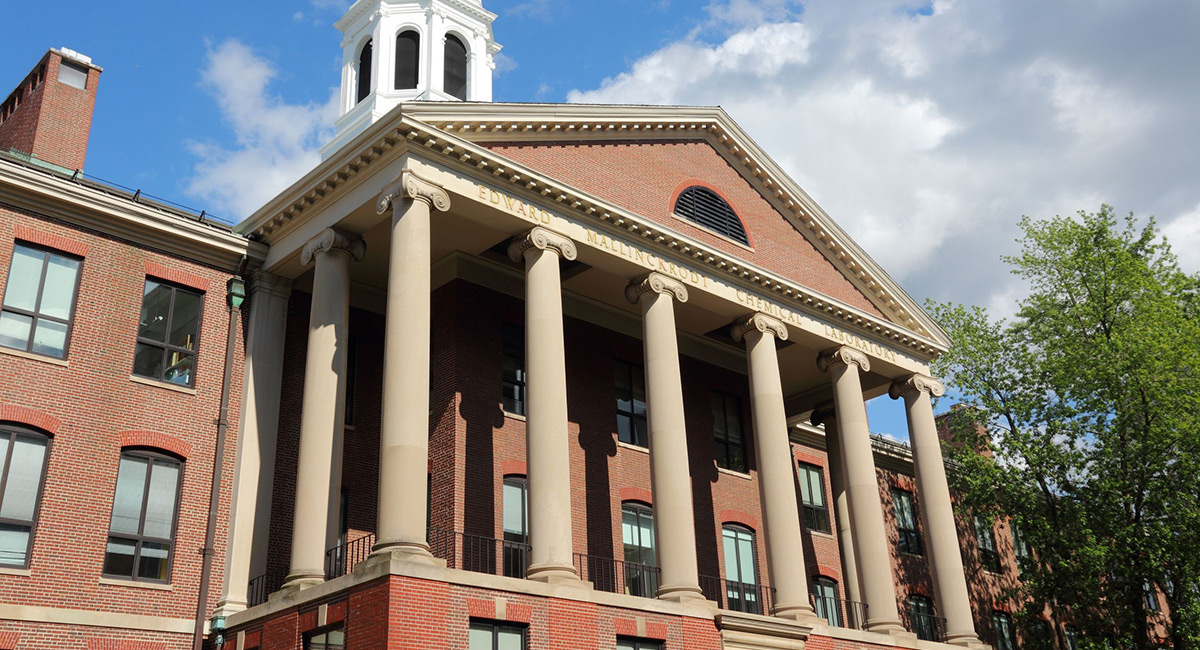According to a recent article in the Chronicle of Higher Education by Kevin Carey, 46% of the students graduating from Eastern New Mexico State University make less than $25,000 annually (less than the earnings of a typical full-time Wal-Mart employee with a high school education) after college. Almost simultaneously, an article in the Wall Street Journal told of recent graduates who earned degrees online at the expensive University of Southern California sometimes amassing six-digit debts loads and working in similar low-paying jobs. Many enter college thinking graduation will provide a comfortable middle class life, but that is often simply not true. Going to college has significant financial risks, like with most financial investments—beginning with the reality that close to 40% of matriculants fail to graduate in six years.
While not politically correct to say, college is an inappropriate post-secondary option for a sizable percent of high school graduates. Moreover, most choosing colleges don’t have a good idea about what they want to study, and fail to understand that the choice of major is usually much more important in predicting future vocational success than the choice of college. Ever more woke and politically correct, colleges are reducing reliance on things like SAT tests that actually are decent predictors of collegiate success. Merit is out, and “equity” is in, so I fear colleges will continue to turn out or fail large numbers of mediocre students—further discrediting the notion that college is a good value proposition. I used to encourage bright students to consider becoming college professors some day—rarely any more. Universities are to the professions what coal mining or steelmaking is to blue-collar workers—a declining industry.
In work for the Foundation for Research on Equal Opportunity, Preston Cooper did a rather comprehensive examination of literally tens of thousands of bachelor’s degree programs. Cooper is quoted in the Wall Street Journal as saying “28% of bachelor’s degrees... do not have a net positive return.” If one calculates a broader social rate of return taking account of college scholarship subsidies, the total rises to about 37%. It probably is roughly true that college pays well financially for about one-third of graduates, is a bad investment for one-third, and is marginally beneficial to the remaining one-third.
A couple big caveats. First, college is a consumption good as well as a human capital investment, and a person can greatly enjoy the four-to-five-year collegiate gap period between adolescence and life even though the result financially is not satisfactory. Second, Cooper is necessarily using data of so-so reliability, especially since some students (not receiving federal student financial assistance) are excluded from the Department of Education data base; I suspect this biases estimated returns downward somewhat.
I think all of this contributes importantly to the most striking trend of the modern era in higher education: the pronounced flight to quality where colleges perceived to be “excellent” are flourishing while those with a less distinguished reputation are suffering. But analysts of the federal data such as Cooper and Andrew Gillen also note that the subject studied in college is particularly crucial. Employers perceive college as high-level vocational education—upscale trade school. As Cooper put it, “a majority of programs in art, music, philosophy and psychology leave their average students financially worse off.” A petroleum engineering major at the University of Texas of the Permian Basin is likely to have a better return on her/his investment (average earnings at age 25 of $89,692) than a comparable major in English literature or art at Columbia University.
Another dimension of all of this that gets less emphasis because it is not very fashionable to talk about these days: an awful lot of college kids meet their lifetime soulmate in school, and love, a decidedly difficult quality to measure quantitatively, is important in assessing the overall quality of life. Even the financial dimension of life is impacted by collegiate hookups: perhaps one spouse becomes a poet and earns little but loves her work—but she or he has a partner making megabucks serving as Whiplash Willie plaintiff attorney. For this couple, college is decidedly a profitable financial investment even if the data for one of them suggests otherwise.













